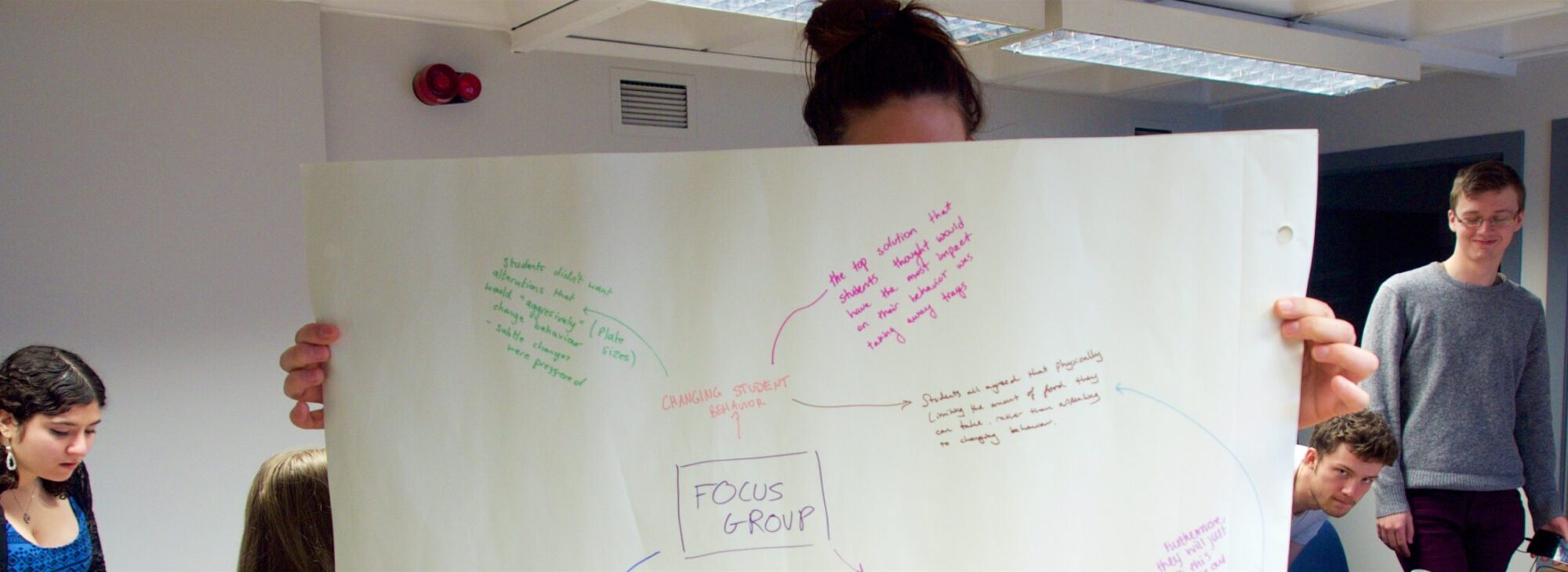Key Dates:
- Design critique, team mini-presentations: In class on Thursday 21st March 2024
- Team Design Development presentations (Assignment GP2): In class on Thursday 26th March 2024
Individual reports (Assignment R2): due Thursday 2nd April 2024, midnight on Learn
Description
The goal of this phase is to bring all of your team’s information together and use it to tell a clear, convincing, easy-to-understand story about a particular problem related to Sustainable Travel, and how your proof-of-concept design idea has the potential to solve this problem. You will have stopped collecting new data. In this phase, you are analysing and making sense of the data you already have (through qualitative description, statistics, visualisations, connection to policy documents and other data sets, etc).
In class, there will be tutorial help available (similar to Phase 4), to help your team work with data (summarisation, visualisation, statistics) and use it a part of your overall argument. These skills on understanding and presenting data, and using it as a way to “tell stories” about a phenomenon, are some of the most versatile transferable skills we will cover in this course.
The “reporting” part of this phase includes a team presentation and an individual report, both of which will count towards your overall marks for this course. The presentation and report are similar to the format and requirements of the Design Sprint presentation/report completed earlier in the semester, and for which you will have already received formative feedback.
Design critique, peer feedback team mini-presentations
To help teams work on their data interpretation and their explanations of their project, we will have an in-class design critique and feedback session. Each team will briefly present some of their Design Development findings and data to the rest of the class, and have a chance to discuss these.
This activity is not graded and is not expected to be “finished” in any way. It is about discussing, more than presenting. Having fresh input can also be very valuable, as members of other teams may suggest new, previously unseen connections and implications. An overall idea — or the explanation of an idea — can be substantially strengthened after outside input. Professional researchers and designers definitely engage in this type of critique and peer feedback and find it very valuable, which is why we are doing it here.
Your Presentation
We’re expecting your presentation to address the following three broad questions, using the information you have collected over the course of the semester (all phases):
- Briefly, what is the current state of your sustainable transport sub-theme in Edinburgh? Where are we starting from — what is happening (or not happening) right now? Focus on the sub-theme as it relates to the specific question your team addressed.
- What is the specific question or problem that your team has investigated? Why focus on this question?
- How does your team propose to address this problem? Describe your proof-of-concept design idea. What is involved and how would it work? Convince us that your idea has the potential to solve the problem.
- How does your design idea connect to other wider strategies, such as the University’s travel strategy?
In the presentation, your team needs to explain what data you collected (and/or retrieved from in existing datasets) and what kind of data it is. If asked, be ready to give details on how, where, and when it was collected. The answer to each broad question needs to clearly and explicitly state how the team’s actions and decisions were informed by data.
You are encouraged to make your presentations very visual — use photos, drawings, videos, animations, graphs, visualisations, maps (etc) to help communicate about the data you collected, and your design ideas. You are also welcome to use physical objects, apps/websites, or to role play how your idea would work. It is up to your team how best to communicate your problem, your data, and the proof-of-concept solution.
By the End of this Phase
You should have completed your summative individual reporting, including commenting specifically on your contribution to the final proof-of-concept design and the team presentation.
Your team should be able to communicate the overall idea of your project (problem + solution) in a tweet (i.e. 140 characters).
Your team should have created a presentation of your problem and your design solution, which tells a clear and compelling story based on the data collected in all phases.
Your team should have archived, destroyed, or handed over your data and metadata, as per DDC policies and your individual team’s planning.
Your team should provide documentation about the location of all other materials and digital content used in the course of your project.
